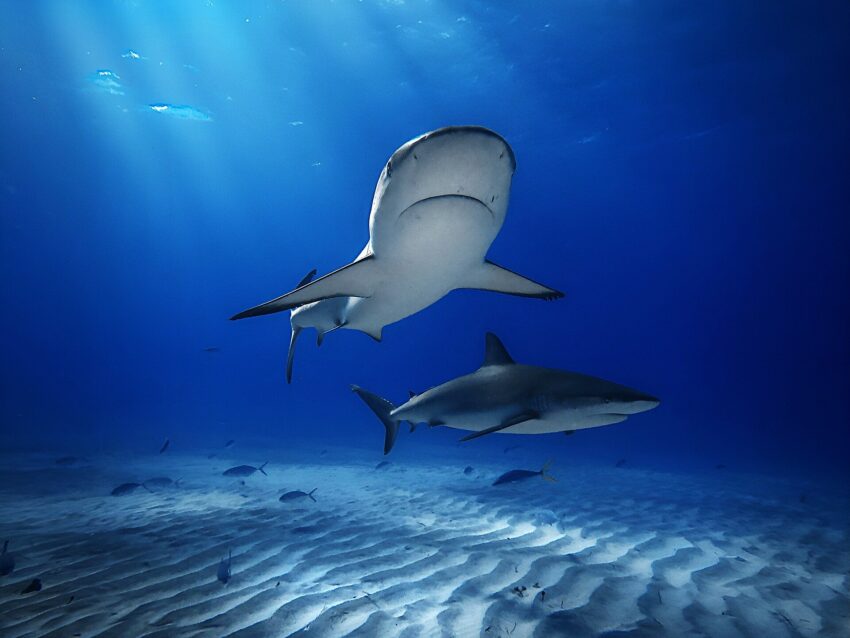In a report released on Tuesday, researchers disclosed that cocaine was detected in over a dozen sharks that inhabit the waters off the coast of Brazil.
Researchers from the Oswaldo Cruz Foundation in Brazil tested a total of 13 Brazilian sharpnose sharks and discovered cocaine in both the muscle tissue and liver of the sharks.
According to the report, the sharks were selected due to their diminutive size and their residence in coastal waters that are in close proximity to a substantial contaminant discharge throughout their life cycle.
The outlet noted that this is the first time the substance has been detected in free-ranging sharks.
Sharks off Brazil coast test positive for cocaine https://t.co/bDMDjqqic7
— BBC News (World) (@BBCWorld) July 23, 2024
The investigation revealed that the cocaine levels in the 13 sharks were up to 100 times higher than those of other aquatic creatures, as previously reported.
Additionally, the concentration of cocaine in muscle tissue was higher in female sharks than in their male counterparts.
The paper discovered that the most probable cause is the global increase in cocaine consumption, as approximately 22% of cocaine users reside in South America, with Brazil being the second largest consumer market in the region.
The report determined that the probable cause of the increased cocaine in the sea was the inadequate sewage treatment infrastructure and increased consumption, rather than the dumped cocaine by traffickers, as had been previously suggested.
[READ MORE: Beyonce Gives Harris Permission to Use Her Song for Presidential Campaign]

